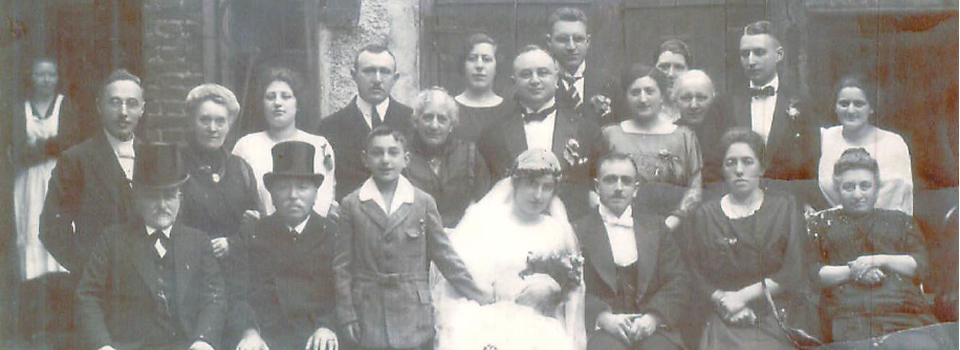Kinship Proceedings | Determining Who is Family
When a person dies without a Will, their estate has to be passed on to their heirs. What happens, however, if it is unclear who the heirs are? This is where a kinship proceeding comes in. A kinship proceeding is the court process used to prove that you are related to the person who died (the decedent) and therefore entitled to an inheritance from their estate.
This occurs most often in cases handled by Public Administrators (PA). The Public Administrator is county government office which handles the estates of people who die without a Will or without known family to administer the estate. The PA doesn’t know who the heirs are, and so kinship proceedings are usually required to determine who has inheritance rights. If no one makes a claim, the estate’s money is deposited with the City of New York.
If the family wishes to make a claim that they are due an inheritance, they will have to prove their inheritance rights in the kinship proceeding. You must prove, in court, (1) that there are no heirs closer in relation. In other words, if you are a cousin, you have to prove that the decedent had no children, grandchildren, siblings, nieces, nephews, or living parents – people who would inherit before you. Further, you must prove (2) exactly how many people are in your “class.” For example, a cousin claimant must prove exactly how many cousins there are, on both the maternal and paternal sides – in order to determine the size of your share. And finally, (3) you have to prove, of course, your relationship.
The legal burden of proof is placed upon the “alleged heirs.” Even if you have been contacted by the Public Administrator during the administration of the estate, and, at that time, submitted evidence of your relationship, a kinship hearing will still be required in almost all cases.
The proof always requires live witness testimony and large numbers of vital records. Often, the proof also requires the research and testimony of an expert genealogist. Complexities arise, with research often going back into family history for over a century, often to Europe, with issues such as multiple marriages, out of wedlock children, missing family members and so forth.
The hearings are held before either a Judge or a Referee, depending upon which County the case is in. It is a serious court proceeding where the rules of evidence apply. There are certain limitations on testimony, such as “the dead man’s statute” that your attorney needs to be aware of.
There are a number of attorneys involved in kinship proceedings. The Court appoints an attorney called a Guardian Ad Litem (GAL) whose role is to protect the interests of potential unknown heirs. The GAL reviews the other parties’ evidence and sometimes does their own investigation to ensure that an heir is not accidentally or intentionally omitted. Also present in the hearing is the attorney for the Public Administrator who often takes s strong position in questioning the witnesses and evidence presented. Also present is an attorney from the New York State Attorney General’s office. The hearing can last a few days.
Have you been contacted regarding a potential inheritance? Family are often contacted by heir search companies, seeking large contingency fees. Our law office handles these matters, typically for substantially less that these companies charge. With years of extensive experience handling kinship proceedings, we look forward to assisting you.
